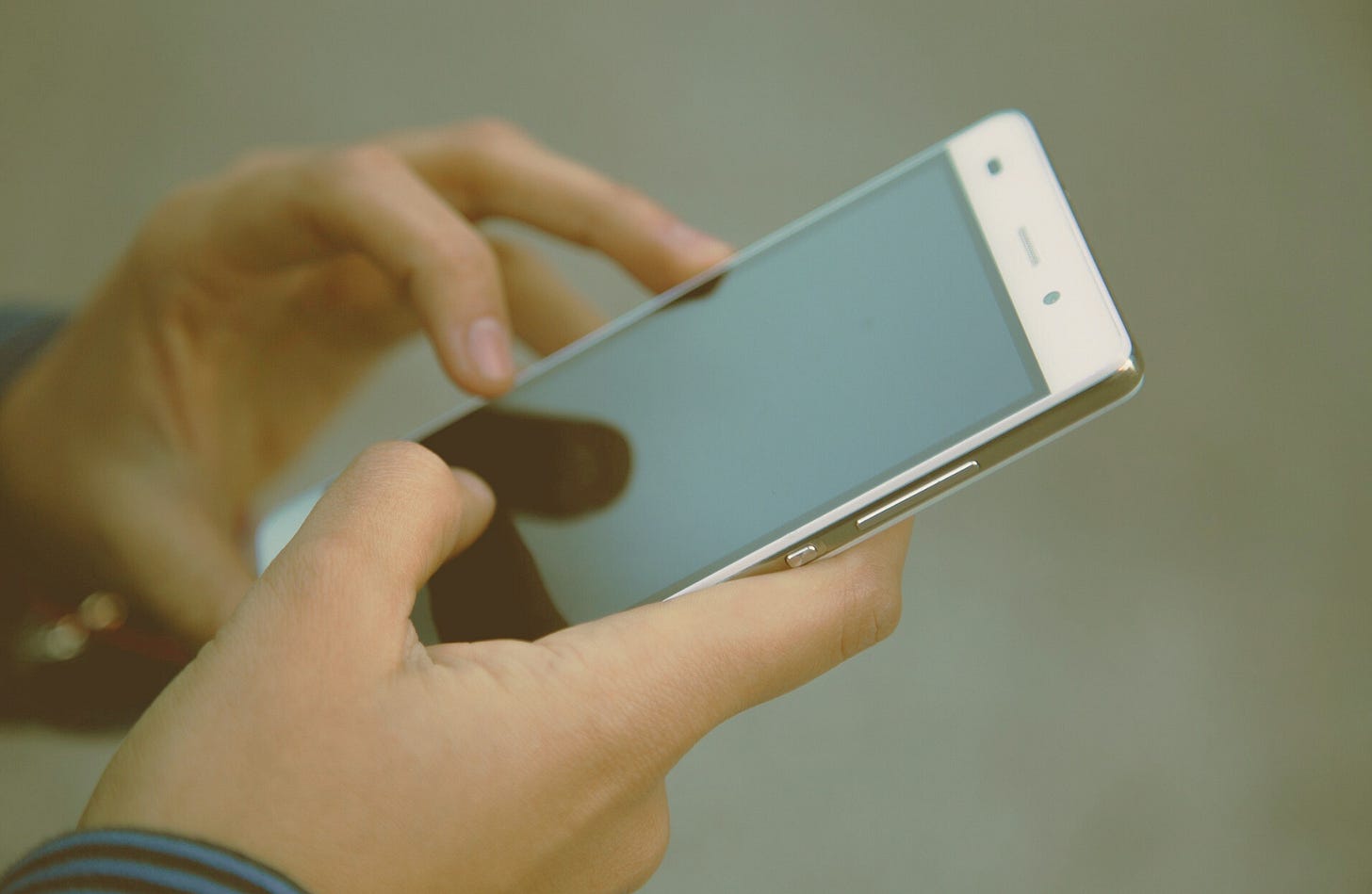If Movement Is Life, Are We Really Living?
Habits are sneaky creatures. While they are generally created through deliberate choices, they often eventually take on a life of their own.
Generations of Americans can recall so many different types of addictions that have plagued our population in just the last century. However, every human being alive today is susceptible to possibly the most dangerous of them all: technology.
A report produced by the American College of Sports Medicine found that the average adult American spends something like 9.5 hours a day sitting down. Of that stationary period, most of it is spent looking at a screen.
In my observation, habits typically find their strength in short segments of time. Habits, that we may even want to break, continue to exist because we live moment to moment. For example, it’s not really the one next bite of food that really packs on the pounds, but all those small choices added together to form our diet. Technology usage is no different. It’s not the next time we pick up our phone that would shock our senses; it’s when we step back and look at our usage over time, that we begin to see the control that these devices have over us.
To this end, the average life expectancy in America is around 78 years. Based on the study above, a little simple math tells us that if you were to live to that age, 24 of your 60 adult years would be spent sitting down. Plus, our scenario doesn’t even include the amount of time you will spend sleeping. This turn to a more sedentary lifestyle by able-bodied Americans should concern us, simply in terms of our physical and mental health and capability as a people.
The data regarding screen time, though, exacerbates these problems. At the daily level, screen usage numbers are bad enough. An industry report shows that the average adult in America spends something like 7 hours a day looking at a screen. However, put in the context of our entire lifespan, I think most Americans would find it astonishing to know that, based on those numbers, close to one-third of their adult life would be spent looking at screens.
This behavior reveals a great irony of human existence today: while the one thing no man can buy is more time, we are apparently willing to hand over decades of our life to devices which rob us of this precious resource.
Truthfully, technology can provide us many wonderful things – from practical benefits like healthcare, to intangible benefits like knowledge and connectivity. Yet, they cannot provide us with what we might need most as human beings: love, true human connection, the challenge of physical endeavors, and the fulfillment that can only be found in human accomplishment.
In total, technology brings ease and efficiency. As technology grows it reduces the physical or mental capacity needed by humans to accomplish tasks. Thus, modern Americans, who benefit from technological advancement as much as any society has in the history of mankind, are particularly susceptible to sedentary life. When you add the addictive nature of social media, the internet, and non-stop entertainment available to us at our fingertips, it is clear that our generation faces an entirely new way of life.
We are left then with a thought-provoking question: since movement has always been an important aspect of our health and survival as human beings, are most Americans really living or simply existing today?
While comparing our modern behaviors with those of previous generations, it is evident that many human beings today are not experiencing life with the depth and breadth that is possible for each of us. However, the good news is that, for most, the trajectory of our behavior is reversible. We have the power to choose how our next moment will be spent.
As someone who is just as susceptible to the overuse of technology as anyone, I have come to believe that we often allow our addiction to screens to continue at the moment of our next usage – when we pick up our phone instead of talking to our kids, when we turn on the TV instead of taking a walk outside, or when we scroll social media instead of spending time with an actual human being. Those may seem like small choices, but the habits they build might simply give us back the one thing we can’t afford to lose: time.




Wish cell phones had never been invented. We become slaves to them, no matter how hard we try.
Good article, Robert.